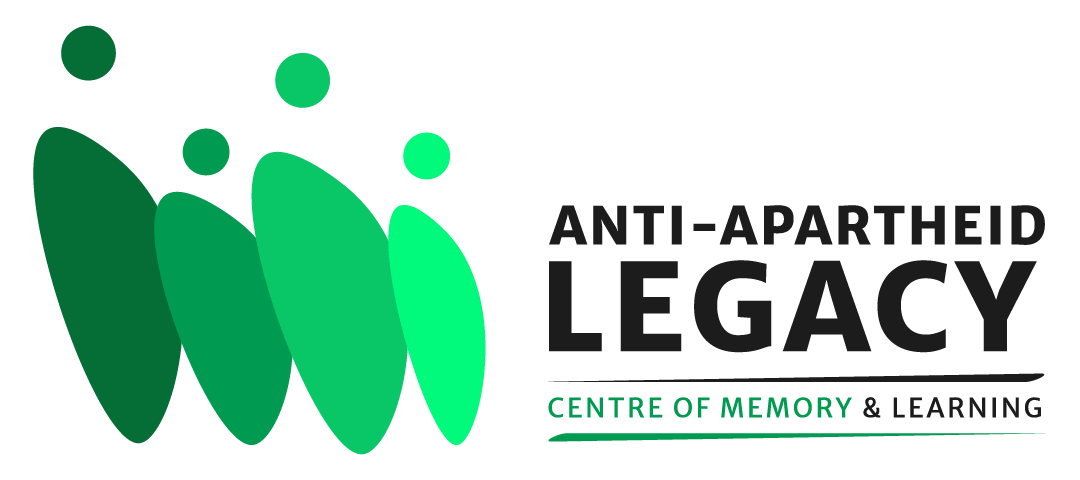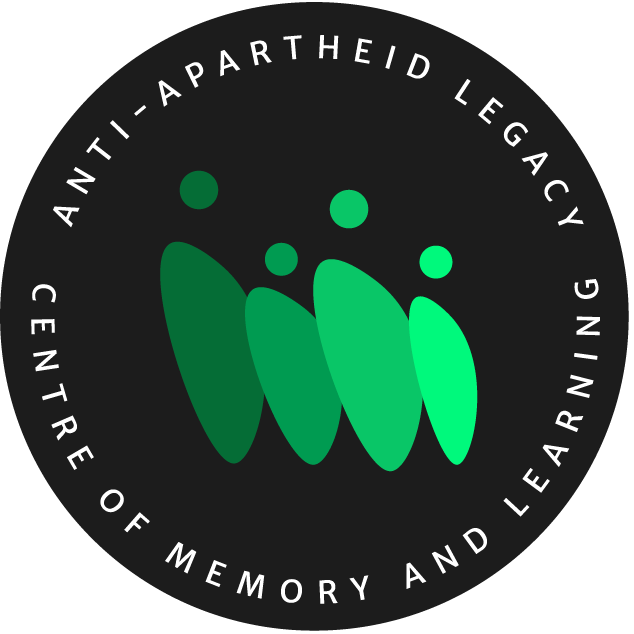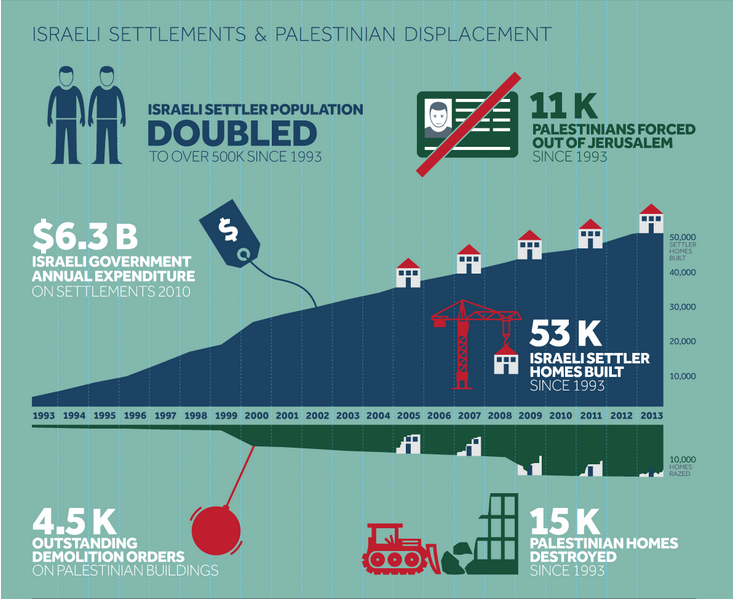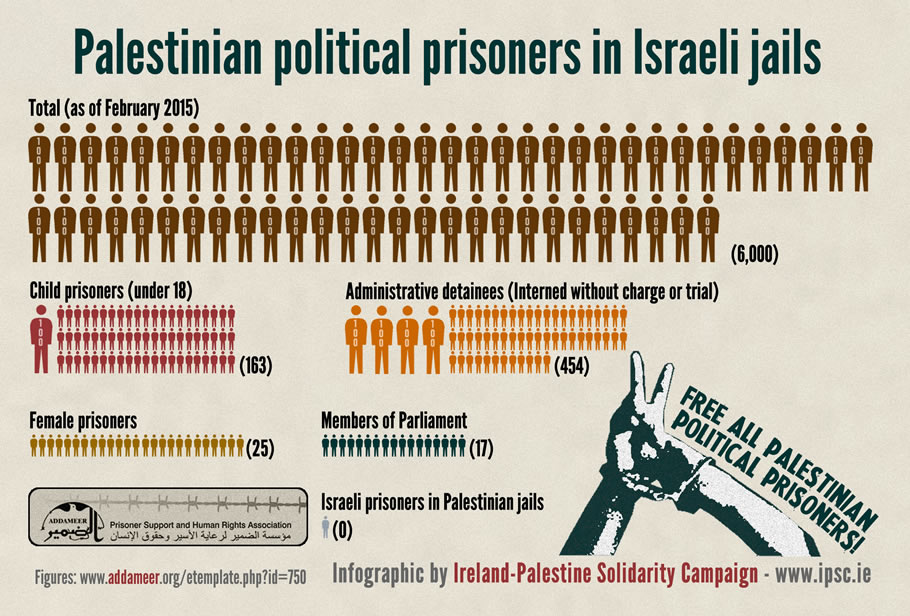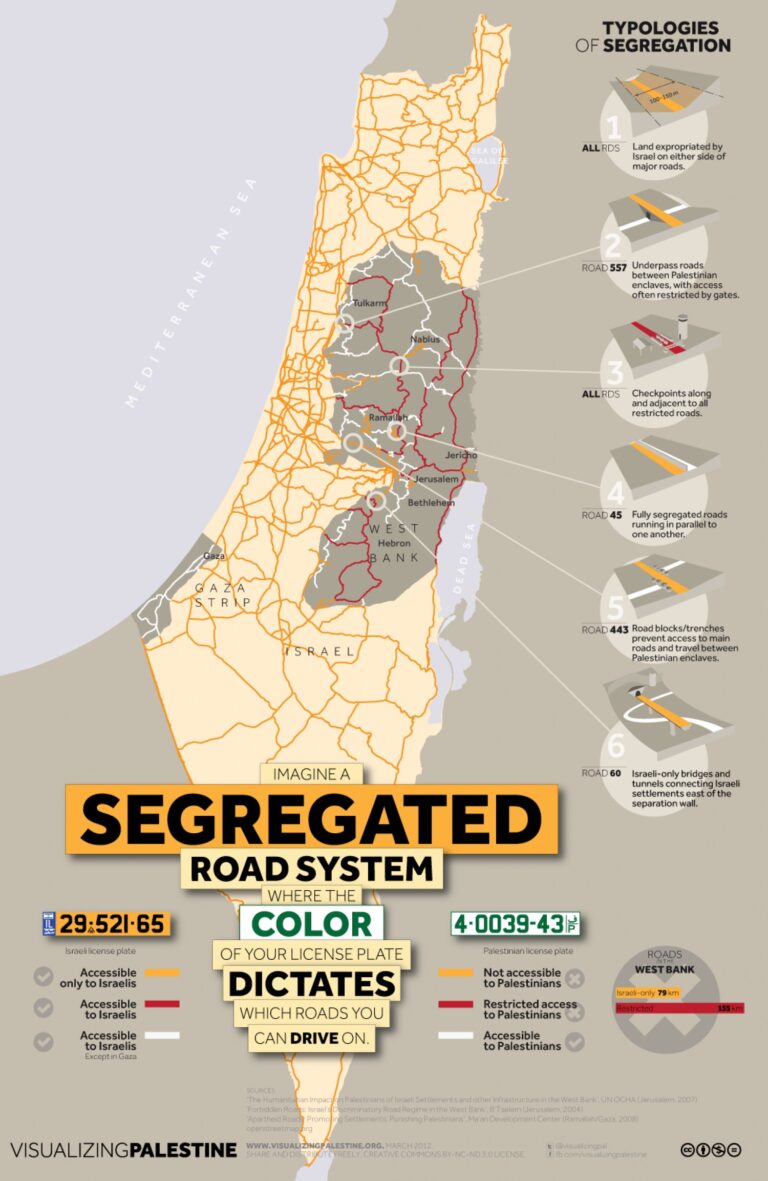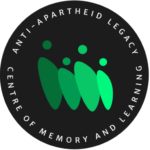Is History repeating itself under our watch? Palestine and South Africa – the connections run deep
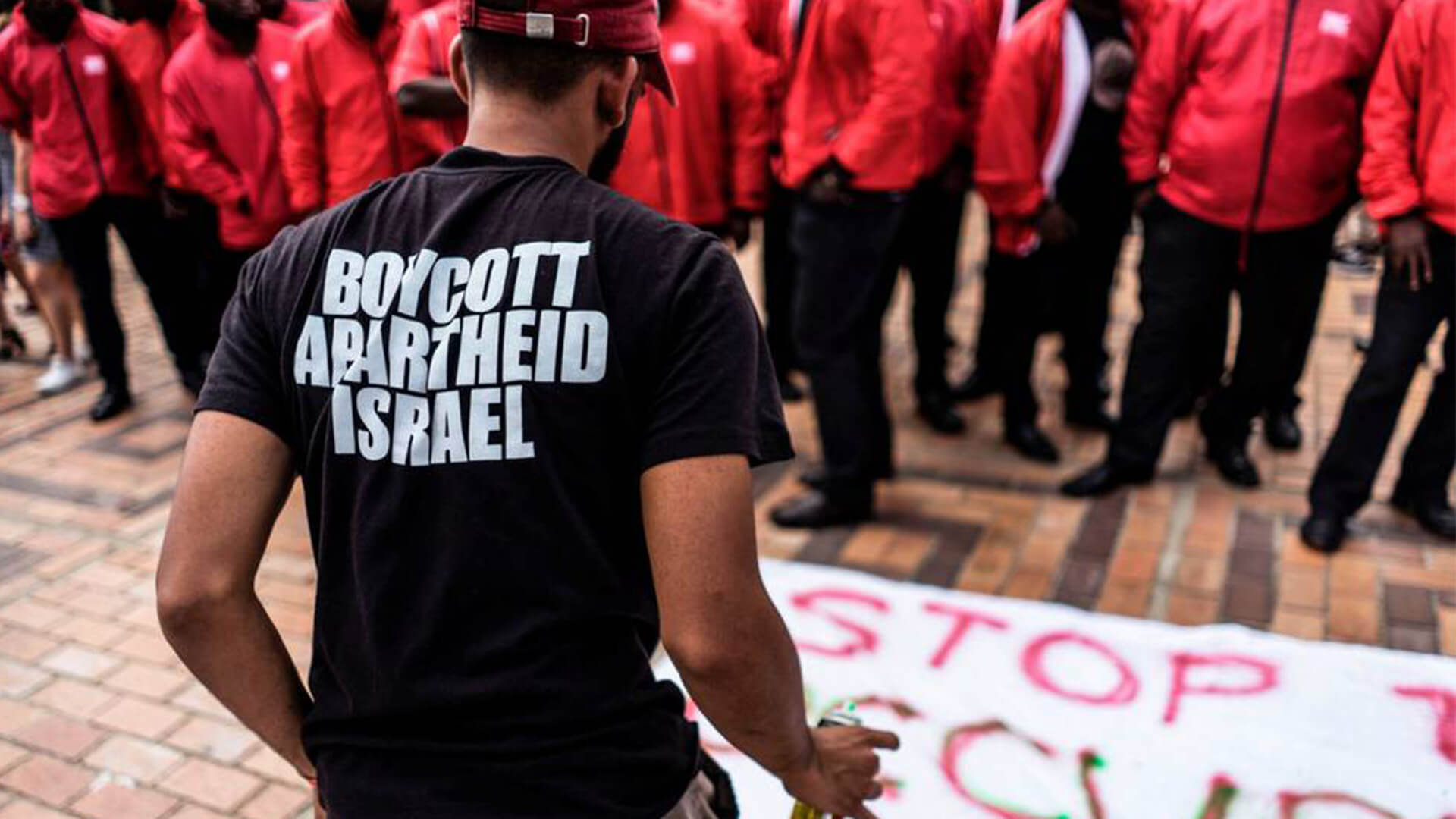
Header image: Israeli Apartheid Week on a South African Campus, 2017. Photographer, Marco Longari.
”"But we know too well that our freedom is incomplete without the freedom of the Palestinians; without the resolution of conflicts in East Timor, the Sudan and other parts of the world."
(Address by President Nelson Mandela at International Day of Solidarity with Palestinian People, Pretoria, 4 December 1997).
Around the world, the term apartheid is associated with the racial segregation and oppression of the indigenous black majority population of South Africa by a minority, white settler community between 1948 and 1994. Throughout this period of 44 years, the white South African government, the Nationalist Party, had deemed the white minority superior and subjugated other racial groups dehumanizing them and subjecting them to cruel discriminatory treatment.
Apartheid can simply be understood as a system of prolonged discriminatory treatment by one racial group over another with the intention to control (Amnesty International). Although the term apartheid had originally been used to describe the pre-democratic South African system of governance, it has been used as a contemporary term to describe similar occurrences of systemized prejudice based on race or ethnicity and to condemn similar practices globally.
So, are there examples of apartheid today?
Chief Albert Luthuli, who was President of the African National Congress in the late 1950s and 1960s, described apartheid:
“I would like tell you what apartheid really means to us. It means that our men cannot move from country to town and from one part of town to another without a pass. . . . It means that 70 per cent of my people live below the breadline . . . It means massive unemployment. What apartheid means is a long tale of suffering. In a word, it means the denial of dignity and of ordinary human rights.”
Anyone reading this today will be reminded of conditions on the West Bank and Gaza.
“The repression perpetrated by Israeli forces today is also horribly similar to that unleashed by the 1980s apartheid government. Apartheid South Africa professed to have a rule of law. But under the 1967 Terrorism Act detainees could be held indefinitely in solitary confinement with no access to anyone from the outside world. As resistance grew, the government-imposed a State of Emergency and in the 1980s thousands were arbitrarily detained. As in the West Bank and Gaza, it was young people who were protesting, and were being picked up and brutalised. In 1980s troops went into the townships teargassing and shooting people – just like the atrocities in Jenin in recent weeks.” (Christabel Gurney, former anti-apartheid activist and Editor of Anti-Apartheid News).
Prominent South African anti-apartheid activists recognize the injustices happening in Palestine. The Israeli government continues to create and maintain systems of laws, policies and practices that are designed to oppress Palestinians and maintain control over the region. This system of oppression is acted out in different ways across different regions but with the same intention, to privilege Israelis at the expense of Palestinians (Amnesty International).
”"I have witnessed the systemic humiliation of Palestinian men, women and children by members of the Israeli security forces, Their humiliation is familiar to all black South Africans who were corralled and harassed and insulted and assaulted by the security forces of the apartheid government."
(Statement by Nobel Peace laureate, civil rights leader and archbishop, Desmond Tutu)
”"The Palestinian narrative evokes experiences of South Africa's own history of racial segregation and oppression."
(Statement by Naledi Pandor, South Africa’s Minister of International Relations))
So is Israel an apartheid state? Here is a side by side comparison for you to decide:
| South Africa | Palestine | |
|---|---|---|
| Apartheid laws | Openly legislated in the South African Parliament | The law governing Palestinians in the Occupied Territory (OPT) is largely contained in obscure military decrees and inherited emergency regulations that are virtually inaccessible. |
| Racial Ethnic differentiations | White/Non-White | Jewish/non-Jewish/Arab |
| Bantustans | The South African apartheid regime broke the country into 10 non-contiguous Bantustans made of 13% of the total land, which were to serve as “homelands” for the black population. | Palestinians are confined in 12% of their original land. In the West Bank, Palestinian cantons are broken into 12 non-contiguous areas. |
| Control of Land | The Group Areas Act reserved 87% of the land for the minority white population and confined black workers to urban townships, labour camps or distant “Bantustans”. | Within Israel proper, 92%of the land is defined as the “inalienable property of the Jewish people,” meaning it is reserved for the exclusive use of Jews — not for all Israeli citizens. |
Source: itisapartheid.org
Understanding Israeli Apartheid In Palestine In 11 Images – The Millennium Report, July 31, 2014
| Control of Movement | Pass system: In apartheid South Africa, Blacks could be arrested for being in so-called “white areas” outside of Bantustans and townships without government issued “passes.” | Over 600 check points on the West Bank: Areas A, B and C, Separation wall, separate license plates and roads. Jewish/non-Jewish/Arab Identity cards. Palestinians in the OPT have lived as non-citizens under Israeli rule since 1967. Palestinians rely on Israeli-issued “permits” to travel. |
| Criminalization | Arrest of non-whites without passes. Indefinite detention without trial. | Administrative detention. Detention without trial for up to 6 months that can be renewed. |
| Torture | Major record of torture meant to break resistance and punish | Major record of torture meant to break resistance and punish. |
Source: itisapartheid.org
Understanding Israeli Apartheid In Palestine In 11 Images – The Millennium Report, July 31, 2014
| Apartheid roads | No separate road. | Separate roads for Israelis and Palestinians exist in the West Bank. East Jerusalem and the West Bank are splintered by a network of roads leading to illegal Israeli settlements. |
| Global Boycott, Divestment and Sanctions (BDS) campaign | Repressive counter-campaign propaganda waged by the South African apartheid regime , which sought to counteract a global boycott campaign emanating from civil society. | Repressive counter-campaign propaganda waged by the Israeli government. |
Source: Hil Aked, Friends of Israel: the Backlash Against Palestine Solidarity (Verso, 2023)
Understanding Israeli Apartheid In Palestine In 11 Images – The Millennium Report, July 31, 2014
| Economic and political siege | Unlike in South Africa, in violation of international law, Israel’s near total siege of Gaza after election of Hamas in 2006 has caused wide spread malnutrition and hardship throughout the Gaza strip. |
| Military operations | Unlike South Africa, Palestinians are subject to daily military strikes, ground operations and targeted assignations. |
Source: itisapartheid.org
Label and classify it as you may, but what’s undeniable in this comparison is the stark reality that the crimes committed upward of 30 years ago are being repeated once again under the watchful eye of the entire world. Semantics deem Apartheid to be the mistreatment of a people based on race and the current situation in Palestine a ‘mere occupation’. It begs the question, what title would you see most fitting, if the exact same crimes are heinously committed, only this time not due to skin colour, but rather by ethnicity?
”"Apartheid is not, sadly, a phenomenon confined to the history books on southern Africa."
Michael Lynk (the UN Special Rapporteur for the situation of human rights in the Palestinian territory occupied since 1967) in his report to the Human Rights Council
Written by Yusuf Patel, Intern, via our membership of the International Coalition of Sites of Conscience and in partnership with Newcastle University, July 2023
